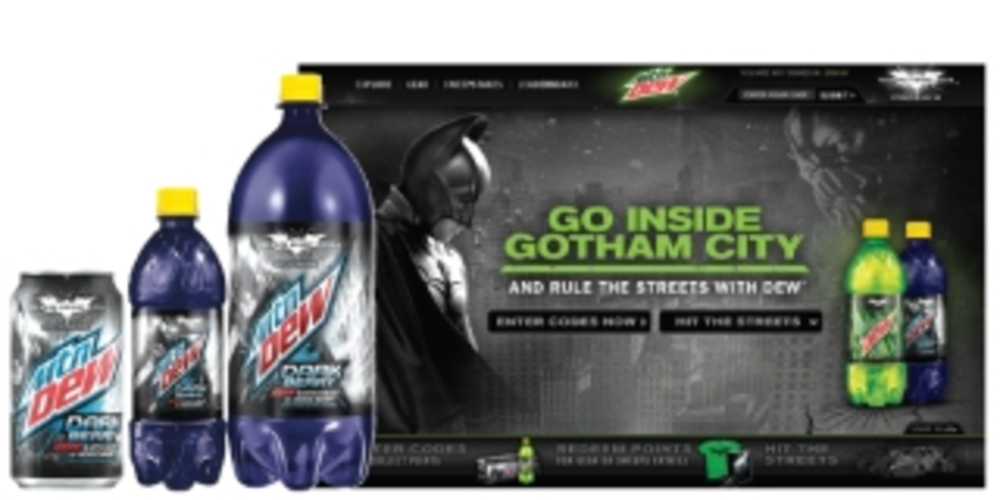Millennials, broadly defined as adults between 18 to 30 years of age, are a savvy, demanding bunch. Thus marketing efforts toward this demographic need to foster engagement through entertainment. After all, millennials as a group are generally tech-savvy, well-versed in social media, and are often indifferent to today’s deluge of marketing communications.
In exchange for their attention, millennials expect entertainment. That’s why marketers at such companies as HBO, Mountain Dew, and Toyota mix entertainment with advertising when pursuing this sought-after target group. HBO in particular is going the ultra-direct route, targeting millennials where it matters most: through socializing with their friends.
HBO, for example, has 47 college “campus agents,” usually sophomores or juniors, on 20 campuses across the United States. Target campuses include North Carolina State, Vanderbilt, Georgia Tech, and University of California at Berkeley. The schools were chosen largely for their size, says Katelyn Sellers, an account director at GMR marketing, who handles HBO’s millennial marketing strategies. Campus agents are hired to create social media buzz around HBO events, like the series premiere of the show Girls, about recent college grads living in New York City, Sellers says, adding that the campus agents were first hired during fall 2011 as part of a pilot program.
“Your message has to be authentic and it has to be relevant,” Sellers says of marketing to millennials. “There’s a lot of clutter. …These campus agents…speak the language of their peers.”
For Girls, HBO tasked its campus agents to distribute viewing kits, complete with popcorn and candy designed for parties based around the premiere. HBO sent more than 1,500 viewing kits to college students, Sellers says. As a result, about 15,000 millennials were directly engaged through the program. HBO did the same for Veep, a comedy about an unhappy vice president. “It’s a very efficient, branded activation,” she adds.
The targeted marketing strategy is based on “guerilla, grass-roots tactics that are inherent to each campus,” Sellers says. “HBO’s goal with this program is to establish the next generation of brand loyalists. We want to establish HBO as their first choice in programming in the future.” The fact that college-age millennials are still forming their preferences makes them so valuable, she says.
The young and the hip drink
in rum brand’s messaging
in rum brand’s messaging
Sailor Jerry, a brand of flavored blended rum inspired by tattoo artist Norman “Sailor Jerry” Collins, wanted to launch an event promotion to mark the centennial of its namesake and promote the brand among males in their 20s and 30s.
Click to read full case study.
Unfortunately, it’s not exactly an industry secret among brands that millennials are an open slate when it comes to their individual tastes. Zach Harris, senior marketing manager at Mountain Dew, says that one of the biggest challenges marketers face when targeting millennials is the group’s experience with an over-saturated media market. “There are so many options for millennials, and they’re aware of a lot of them,” Harris says. “We’re always asking: How do we stay relevant? It’s important to stay top-of-mind, because if we’re not, someone else will be.”
Mountain Dew partnered with Warner Bros. Entertainment Inc. around the studio’s June 2012 release of the new Batman film The Dark Knight Rises, Harris says. “We know millennials are drinking Mountain Dew; we know millennials are excited about The Dark Knight Rises,” Harris says.
Part of the campaign is based on collecting points from packaging, via QR codes, that consumers can redeem at www.dewgothamcity. com for gear that’s both Batman and Mountain Dew branded, Harris says.
Another element of the multifaceted, millennial-targeted promotion was Mountain Dew’s launched of a new flavor, Dark Berry, in mid-June. The soda giant also distributed a 16-ounce can that changes color when it’s cold, from silver to green and back again. It might sound simple, Harris says, but millennials respond to product changes. “Millennials are always looking for something new to try,” Harris says. “This limited-edition flavor really hits on that.”
Toyota, capitalizing on the Prius’s reputation among environmentally aware and price-conscious young adults, launched a campaign with media company Buzzmedia to target millennials through Hype Machine, a site that aggregates more than 800 music blogs, says Tyler Goldman, CEO of Buzzmedia. “It’s obviously a very large millennial audience,” he says.
Toyota branded a page on Hype Machine showcasing its Prius C automobile, Goldman says, which included custom playlists. The campaign culminated in a special May 24 event at Brooklyn Bowl in the Williamsburg area of Brooklyn, New York. Musical performances by bands on Hype Machine were designed to bridge the in-person experience of music and sharing with the online experience on Hype Machine.
“Because millennials are so well-versed in digital and social media, it’s important to be authentic in our marketing while providing something of value to the consumer,” says Dionne Colvin, national marketing media manager at Toyota. “This demographic is also big on having access to information anywhere at any time.”
The key, Goldman says, is to connect with millennials through various “passion points,” or topics and activities they really care about, like music. “Toyota was able to jump into the middle of the passion point of music discovery,” he says. For Toyota and Buzzmedia, the core of the millennials, or their most valuable segment, are ages 18 to 24.
“Millennials have different needs to be addressed [than other groups],” says Doug Rohrer, CRO of Buzzmedia. “If the marketing doesn’t offer them some level of entertainment, or serve a purpose, they’re more likely to ignore it.”







